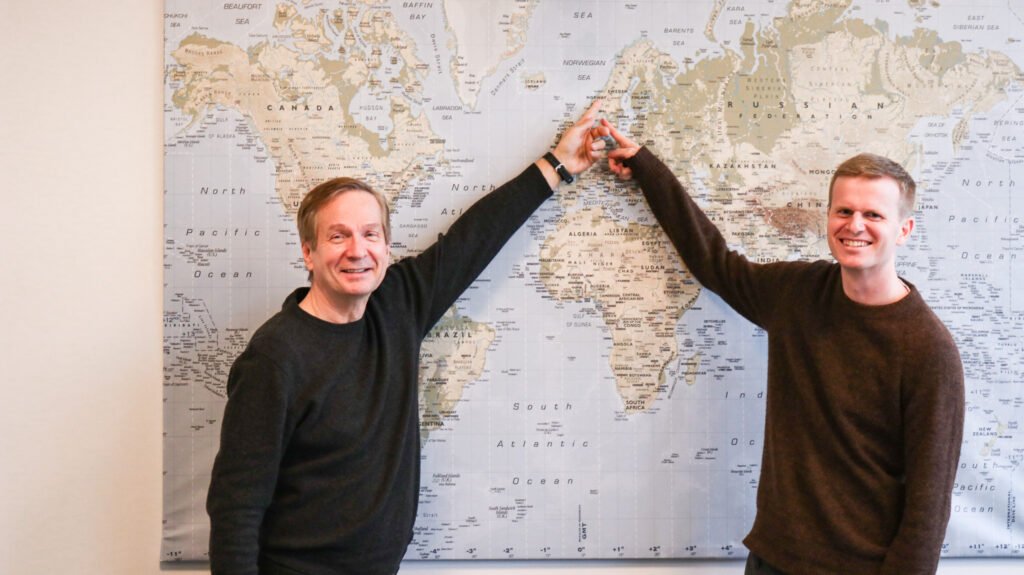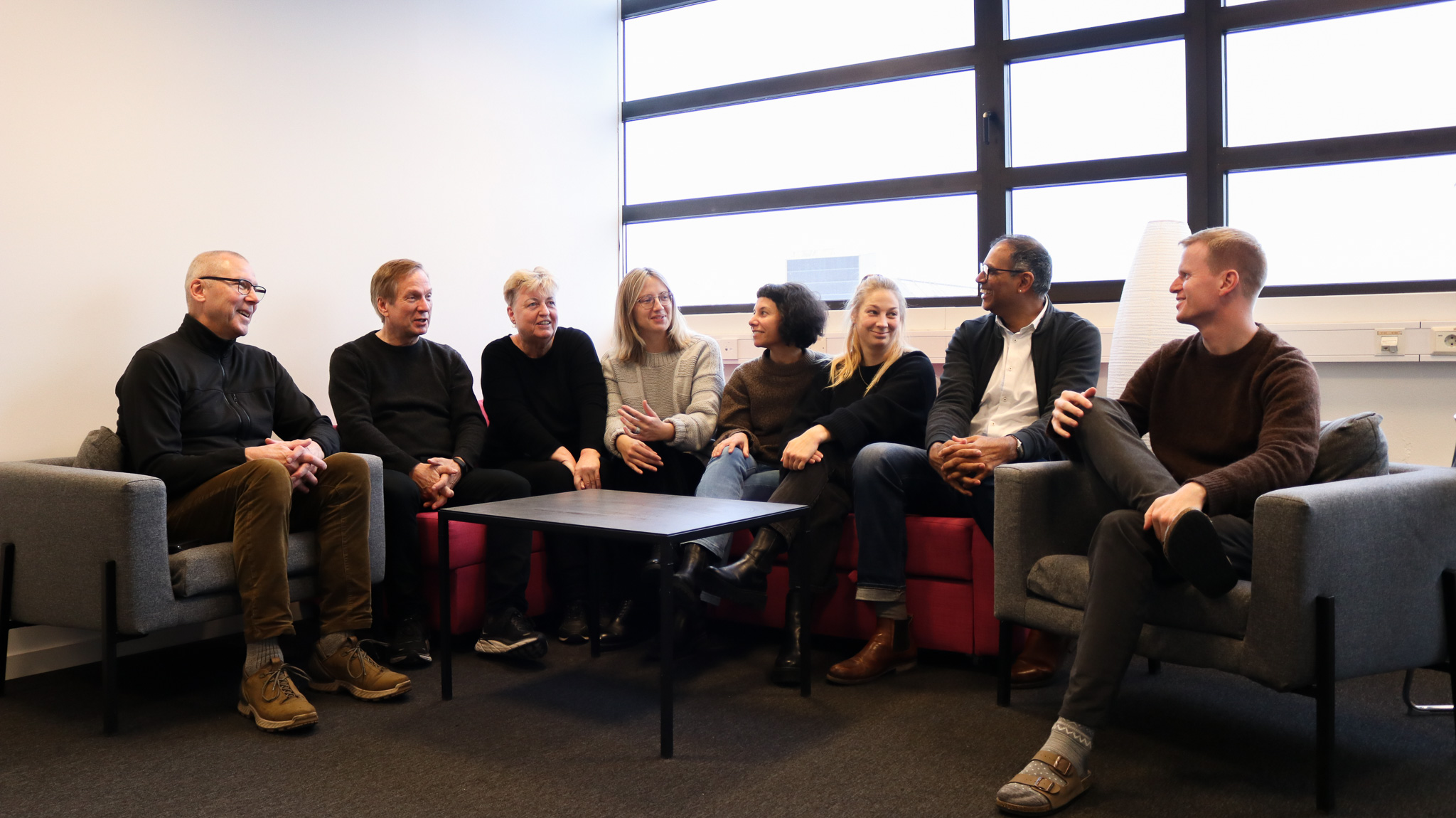Earlier this fall, the Nordic-Baltic network about educating and training peer support workers met up in Trondheim. After the meeting, we asked the others some questions (below) about how it is in the different countries now, and what impact the network have had. In addition to the group attending the meeting in Trondheim, the network also contains members from Estonia and Latvia.
Questions:
1. What kind of training exist for Peer Support Workers in your country?
2. What are your plans for further development regarding training of Peer Support Workers (PSW)?
3. Has the Nordplus-network made an impact on this development?
4. In what way has this network inspired you further development?
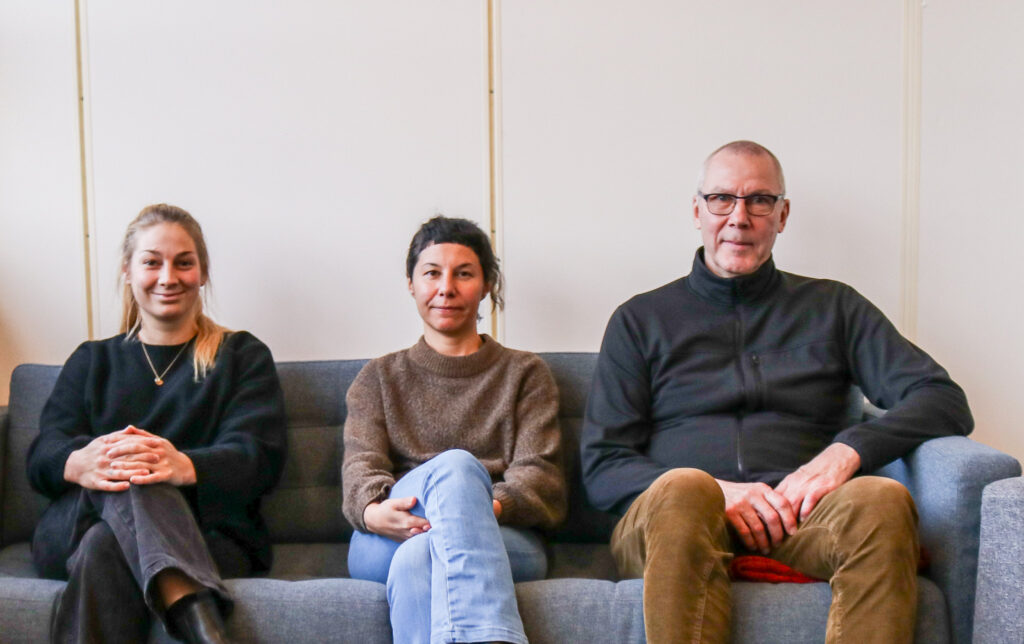
Sweden
Sonny Wåhlstedt, NSPH
1. NSPH offers a 5 week training to become a Peer support-worker and additional education further on.
2. NSPH is planning to extend the training program up to 12 months.
3. We are learning in particulare from KBT Vocational College from their traningprogram that is already offering 12 month training.
4. We learn from each member during the meetings and in between from each parts experience.
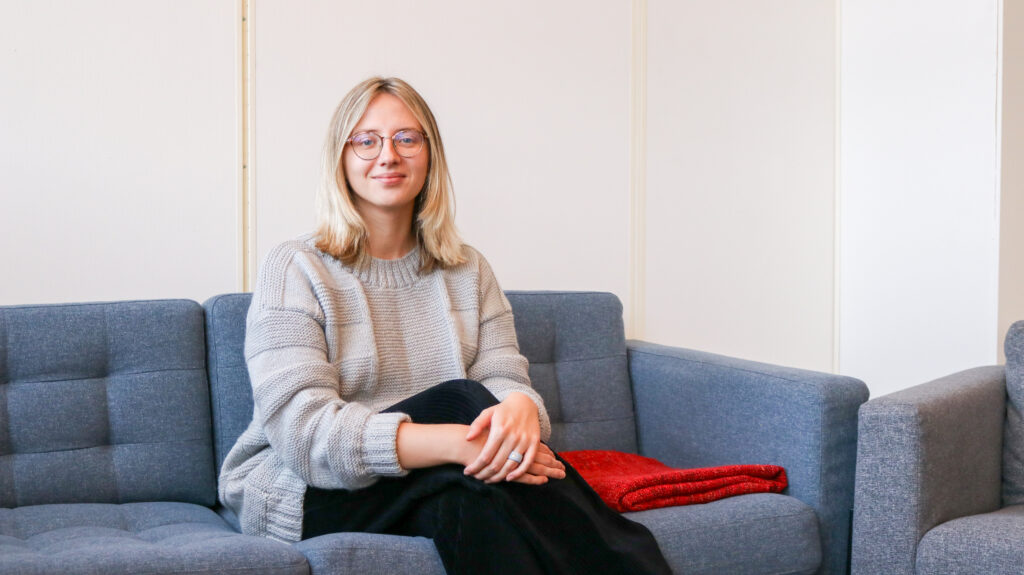
Lithuania
Greta Klidziūtė, project manager, NGO Mental Health Perspectives
www.perspektyvos.org
What kind of training exists for Peer Support Workers in your country?
Currently, there are no training courses available in Lithuania as we are still in the early stages of establishing them. However, some individuals have attended Intentional Peer Support training courses in Iceland and are enthusiastic about applying their acquired knowledge.
What are your plans for further development regarding the training of PSW?
In the near future, we plan to pilot peer support in mental health facilities. Therefore, we are eager to start peer support education. However, we are still looking for the best way to do it in accordance with the Lithuanian context and the available resources.
Has the Nordplus-network made an impact on this development?
The Nordplus network has had a significant impact in the development of peer support in Lithuania. This network has provided us with a great opportunity to learn about best practices from Baltic and Nordic countries as well as different approaches to peer support training. This experience has inspired us to consider how we can implement these practices in Lithuania.
In what way has this network inspired your further development?
We were given many opportunities to take tangible steps towards developing peer support within our network. This led some of us to participate in an Intentional Peer Support training course in Iceland. However, the most significant outcome of our efforts was the meaningful connections we made with one another. Peer support is the beginning of a social change, and this process can be challenging. Having the support and being able to ask for advice when needed is crucial during this rewarding but difficult path to implementing that change.
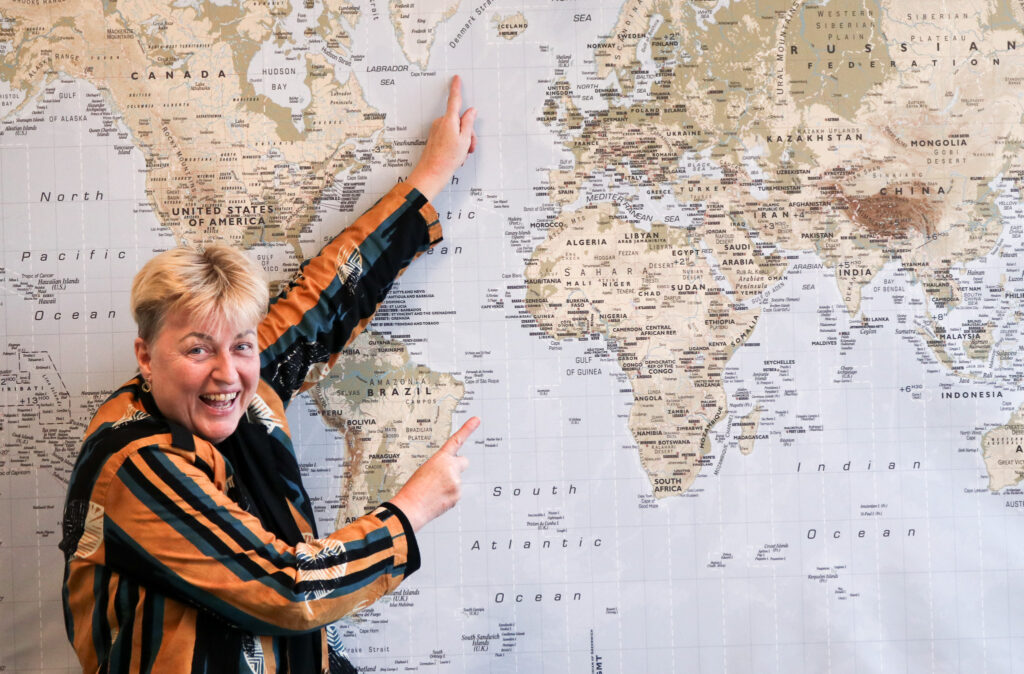
Iceland
Elín Ebba Ásmundsdóttir, Hlutverkasetur
What kind of training exist for Peer Support Workers in your country?
Intentional Peer support. Core training that takes 40 hours.
What are your plans for further development regarding training of PSW?
Our plan is to proceed in IPS training and give people opportunity outside of the the capital Reykjavik. One has already been held in the north – Akureyri. For those who are feeling inspired to share the material with others can take a course Train the trainer 40 hours. The first one in Iceland will be held in December.
Our aim is to follow up the Swedish model which takes 5 weeks. We have a recovery school in Iceland that could offer this and then the participants from Sweden could help in developing further education. Hopefully the Norwegian model could be offered at a university level and that would require teachers from the group to help get started.
Has the Nordplus-network made an impact on this development? In what way has this network inspired you further development?
Yes it has speeded the process and for the first time one could see that there are more than one way. The Nordplus network has shown us that here are different possibilities and ways to back up Peer support workers. That you can take different roads in education.
People in the group are also willing to help out to help those countries that have come shorter in this process. Through the Nordplus network IPS in Iceland connected to the delegates from Lithuanian.
Three from them came to Iceland in August and took the core training. If not for Nordplus this would never have happened.
We also see that this group could help the countries to develop faster peer support workers and develop the education that is needed. We have also been explored to research from Sweden and Norway which is very helpful along with having the contact you need to ask questions that are relevant.
Without these meetings this would not have happened either. We look forward in working on this project in the future with great hope to develop peer support workers in our country.
